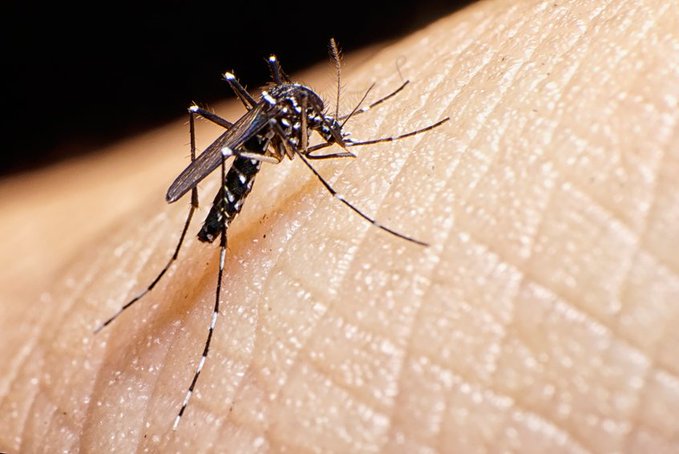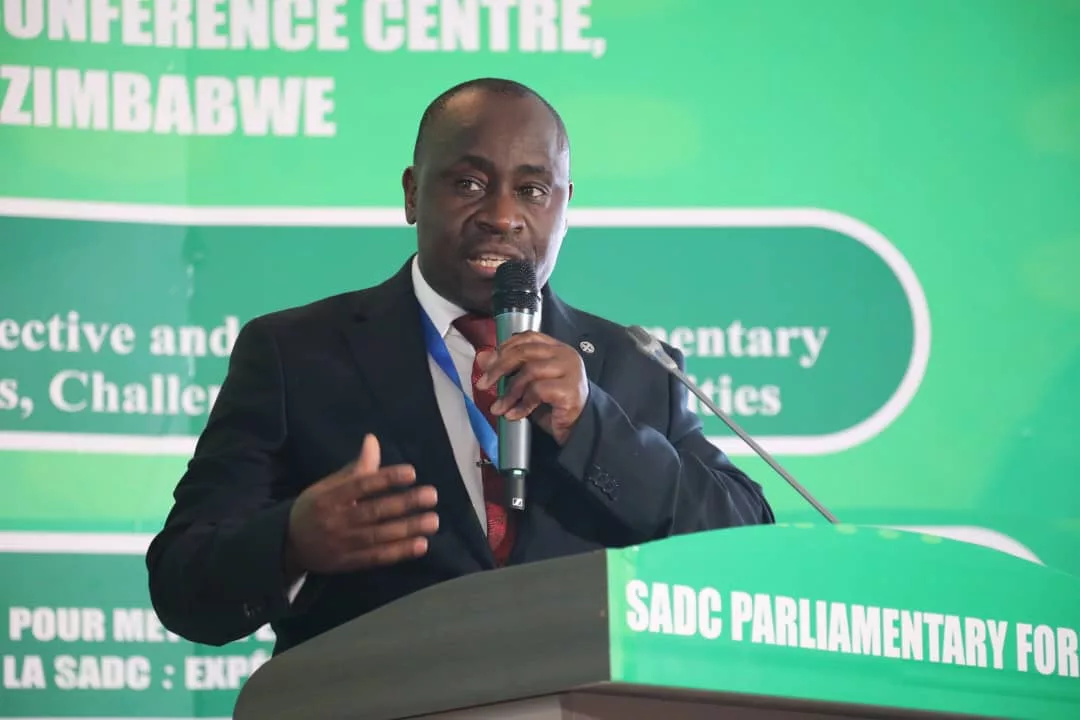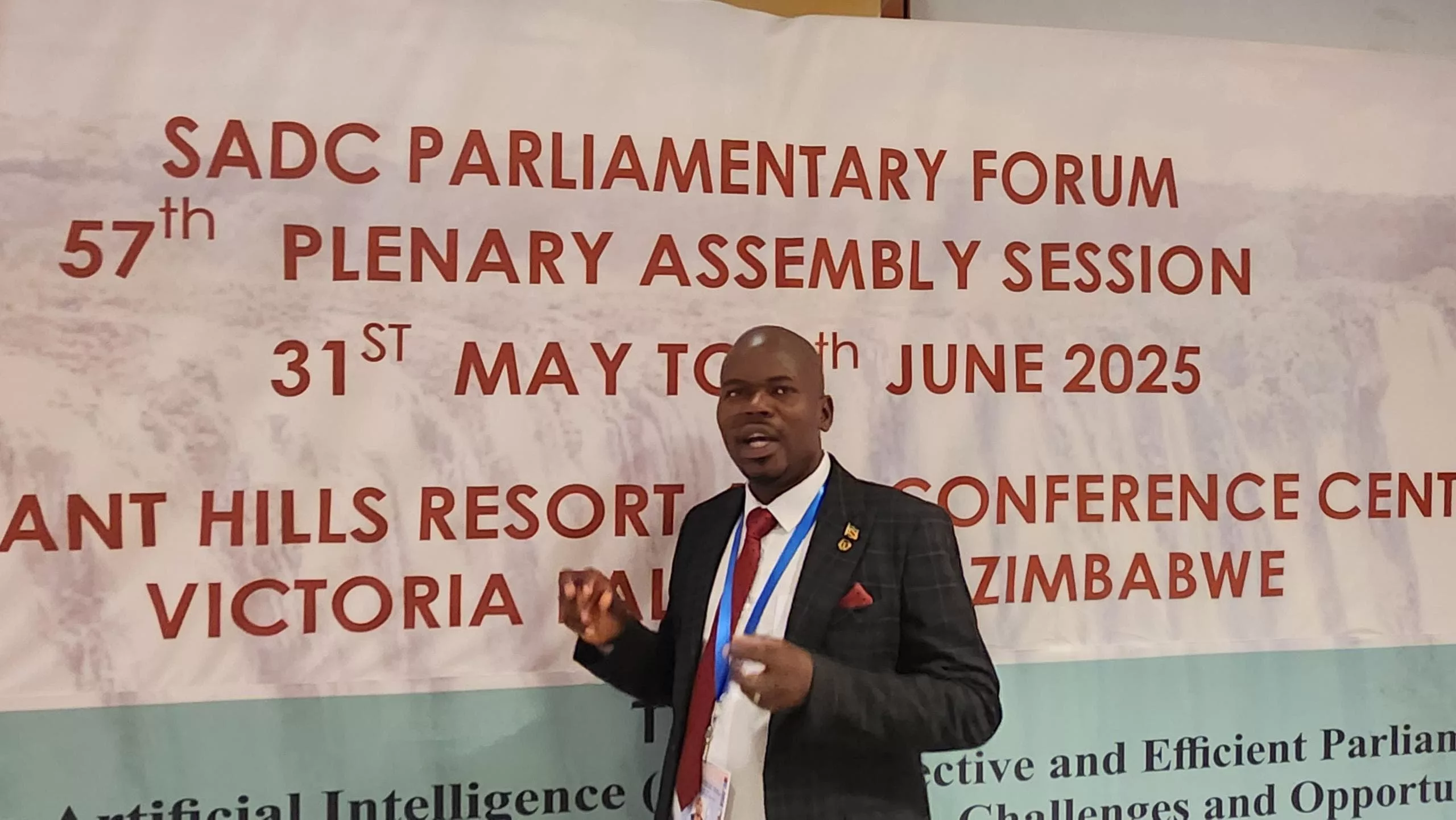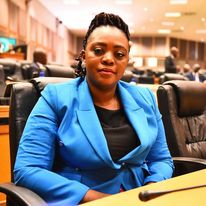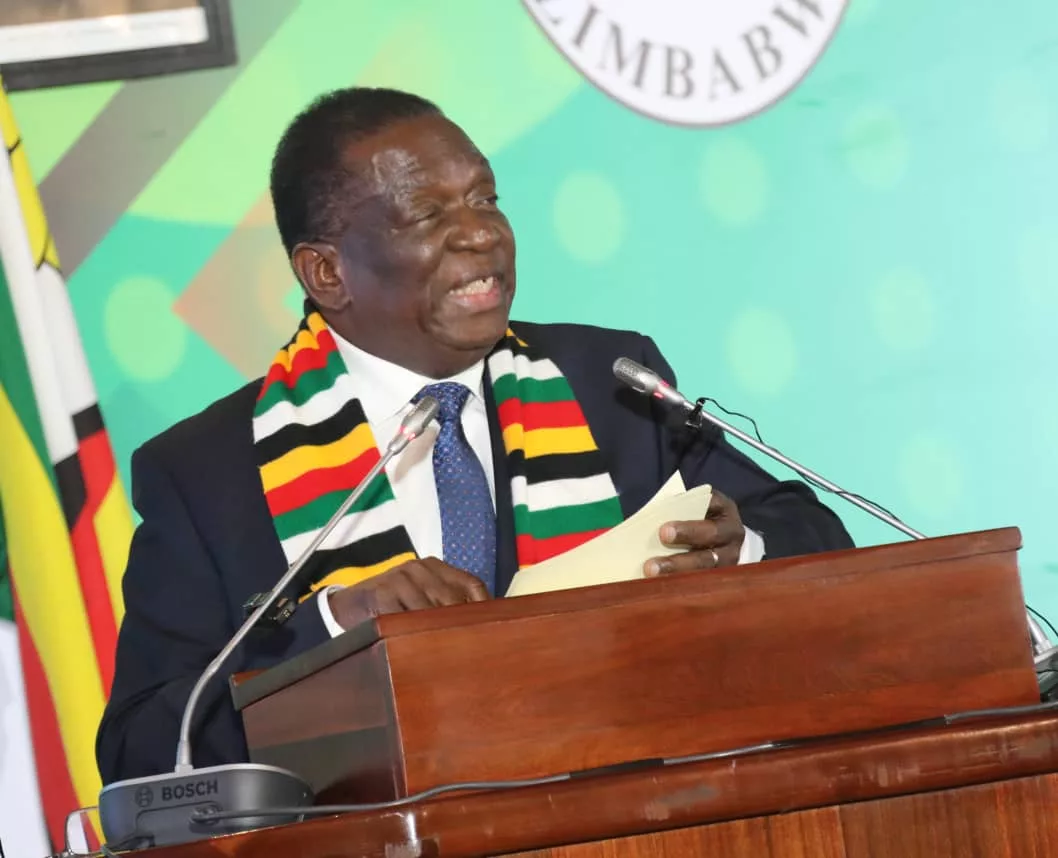By Civil Society For Malaria Elimination
The malaria affected community and civil society recognize the devastating effect malaria has on the lives of thousands of people each year and would like to reflect on progress, challenges and recommendations as we commemorate World Malaria Day on April 25TH2020.
From 2000 to 2015, several countries made tremendous progress in the fight against malaria. Globally, malaria deaths fell by more than 50%. Seventeen countries eliminated malaria, and six were certified by the WHO as malaria-free. This exceptional progress demonstrated that malaria elimination is achievable1. Despite the progress made in the fight against malaria, half of the world population is still at risk of this devasting disease.
At a time when the whole of the globe is struggling daily for survival in the face of the COVID-19 pandemic, slowing down progress on malaria – a curable but still now a serial killer disease that continues to cause illness to 228 million people and kills approximately 405 000 people each year2 will be such a disservice to humanity.Malaria continues to affect humans of every age and gender, with pregnant women and children under five being most vulnerable. It is unacceptable that 67% of the total number of deaths are children under five2. Though malaria does not discriminate between class or socioeconomic position, it often does disproportionately harm the poorest communities that have inadequate access to quality and timely malaria care and prevention tools and services. Indeed we cannot slow down actions, emergence of drug and insecticide resistance in Southeast Asia is further threatening progress made so far in reducing malaria morbidity and mortality.
Our children, mothers, fathers, sisters, brothers, young people, friends and neighbours, continue to suffer and die of malaria. Yet malaria is a preventable and curable disease. Why should we witness losing lives in our communities? It is time to act more strategically, to be more ambitious, to be bold and recommit to eliminate and eradicate malaria alongside the work we are doing as a global community against COVID-19.
The world has shown that tackling health issues together has resulted in huge progress in disease control and even disease elimination. Coalitions of global communities like the Global Fund to Fight AIDS, Tuberculosis and Malaria (The Global Fund), GAVI have shown their impact in the fight against HIV, TB, malaria and vaccine-preventable diseases.
Global solidarity last year, allowed an record-breaking increase in Global Fund allocations (23% more than for the previous three-year period) for the fight against the three diseases including malaria, as well as building systems for health . This demonstrates concrete results that can emerge when the whole world comes together. We thank and congratulate the donor and implementing country leaders, as well as well as private sector partners, who have contributed to this success.
This year, we are facing a worldwide health crisis such as COVID-19 requiring solidarity both at national and global levels. There is an urgent need for the global community, including all malaria endemic countries, to aggressively tackle COVID-19 by deploying and discovering appropriate diagnostic tests and affordable preventive and treatment tools to stop the infection equitably. While taking these measures, it is extremely important that health systems are strengthened both to respond to the COVID-19 pandemic and at the same time help address existing decades old devastating diseases such as malaria. Strategies used to address COVID-19 must be integrated system-wide and contribute to tackling all health problems. Resilient and sustainable health and community systems will enable our countries not only to face future pandemics, but also to continue the provision of essential services for public health problems such as malaria.
We strongly advocate that malaria control and elimination efforts must be maintained and accelerated because we know that any delay or pause can cause a regressive situation leading to thousands of lives lost in this year and in the years to come. It is for this reason that we, Civil Society and communities from African and Asian countries, call on leaders and decision-makers to:
§ Increase the allocation of domestic resources for health and prioritize high impact and community-led interventions;
§ Establish and operationalize Universal Health Coverage in improving affordable health services for all;
§ Ensure high-quality malaria tools and efficacious commodities (such as long-lasting insecticidal mosquito nets ) continue to be deployed in remote communities;
§ Resolve the long term problems of drug stock-outs and medical commodities throughout the health system (including peripheral health facilities);
§ Increase the representation of malaria affected communities in the national coordinating bodies and all strategic platforms and decision-making spaces in health;
§ Increase the technical, financial and institutional capacities of civil society and community based organizations so that they can even more effectively contribute qualitatively and significantly to the reduction of malaria morbidity and mortality;
§ Guarantee human rights, gender sensitivity, and the dignity of communities in the definition of policies, strategies and the implementation of malaria control/elimination interventions;
§ Ensure equitable community-centered programs based on the needs of people affected by malaria;
§ Support community-based monitoring that are led by communities for malaria interventions and assure quality of current interventions;
§ Scale-up community-based interventions in malaria by increasing the number of Community Health Workers (CHWs) trained, equipped and fairly compensated;
§ Ensure protection of health personnel and community health workers who are essential for the continuity of malaria control services during the COVID-19 crisis;
§ Assess the impact of COVID-19 in the fight against malaria and ensure measures for management of epidemics and at the same time continue the focus on uninterrupted malaria services.
We are in solidarity with the rest of the world dealing with and winning against COVID-19. However, it is important to continue the fight against malaria, and we must not put at risk the malaria gains made over the past years. Now more than ever, we must not falter. By continuing to maximize and pool our efforts, with collective collaboration and support, and with civil society and community commitment, we will inevitably defeat malaria, COVID-19, and all diseases that take the lives of people around the world every day.
The fight must continue.
Civil Society For Malaria Elimination
Civil Society For Malaria Elimination (CS4ME) hosted by impact Sante Afrique (ISA) is a global network of civil society organizations and communities contributing to malaria elimination and ensure that communities are at the centre of malaria programs. Firm in the belief that empowered community and civil society are game-changers in health responses, CS4ME facilitates a platform for representatives of malaria communities and civil society to come together as part of their commitment to jointly advocate for more effective, sustainable, people-centred, rights-based, equitable, and inclusive malaria programmes. For more information, please visit www.cs4me.org


